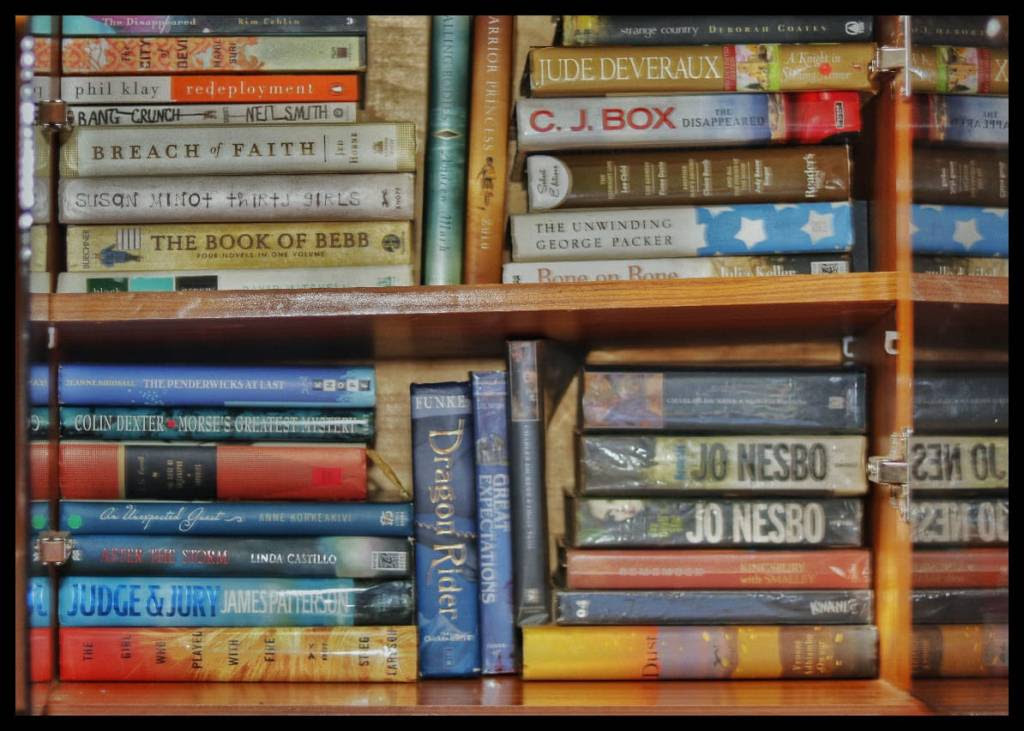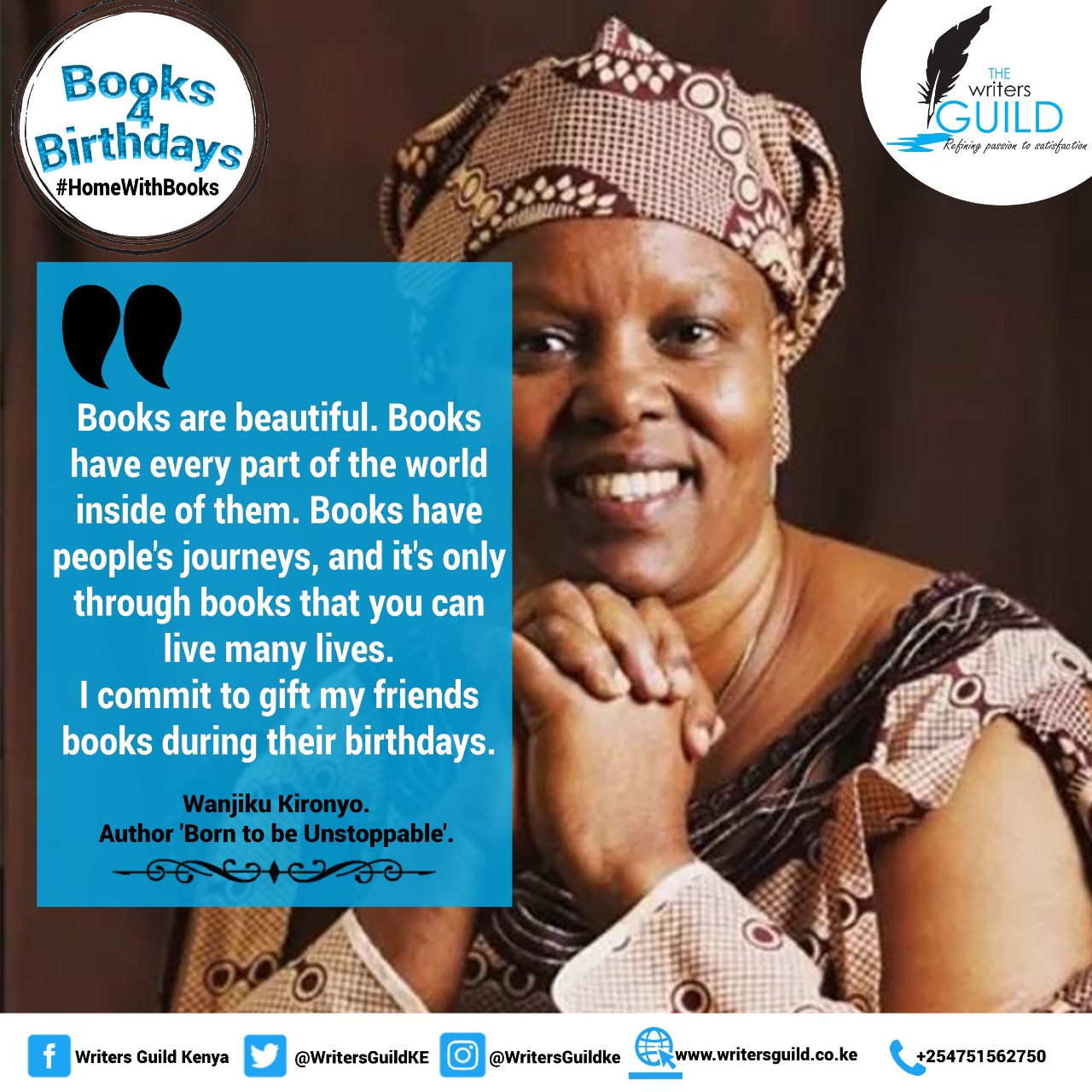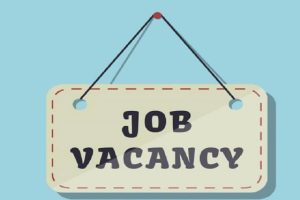MY SOCIAL ISOLATION
By Tim Kim
I was striding across a street in downtown Nairobi when the dreaded COVID-19 finally landed in Kenya. This unwanted visitor came alongside others like quarantine and social isolation and distancing. Before this, life was normal, in a monotonous sort of way. It is this monotony that gave us a false sense of normalcy under the sun for many years. But it took a little organism called a virus to orchestrate a pandemic that stampeded across the world in a matter of months to stop us on our heels.
Minutes before the unnerving announcement that hushed the entire city, I’d stopped by one of the street book vendors who replenishes my home library. It was a Friday, and although I had exhausted my weekly purchase of books, I decided to take a look anyway. It won’t hurt.Perhaps he has a nice title. I considered.
Books, I must say, have always been irresistible to me, and in sheer plenitude at bookstores or street vendors’ stalls, they appear to me as the proverbial apples, luscious, ripe, seductive, and growing by the roadside. Even streets whose air has been defiled by fumes and dust and the putrid smell of endlessly busy humans cannot manage to curtail the beautiful scent of words and wisdom that wafts through the muddle and arrives in the nostrils as heaven. That fragrance, like the aroma of good coffee, triggers something in the brain—a dance of excitement that can only be quelled by reading; sniffing through the pages, internalizing those words, letting the wisdom of the author seep through the skin.
So here I am, stooped, visually flicking through the books. There’s a plump, bespectacled woman besides me making a kill. She has three books in hand and is in the process of choosing another. The lady sadly reminds me that I have the budget for one book. Deep down I know I may very well end up nibbling my bus fare because I cannot resist a good book. On this there’s no argument. I’m completely powerless in the face of a good title, it disarms me, floors and robs me of my manhood. It is David; I am Goliath. And in a display of hundreds of sumptuous reads sprawled across the floor, I have no option but hope to meet just one book that I was born to read.
I blink once, again, and briefly close my eyes. It is a technique I’ve used in the past to get myself off the hook. When I open my eyes, I’m looking at ‘The Last Town On Earth’ by Thomas Mullen. Our eyes lock. We smile at each other. I’m quick to spot a simple but precise New York Times Book review on the top left of a white and dark blue cover with towering pines on one side; “Remarkable, memorable, brilliant” it reads. This is my book. I smile, pick it up.
The synopsis is nothing but enticing: “As World War 1 rages overseas and a deadly influenza strikes down large swathes of surrounding communities, Commonwealth, a town somewhere deep in the Pacific Northwest, votes to quarantine itself against contagion.” What better book to read, now of all times? The dance of excitement picks, it reaches a peak. I pay the vendor, walk off with a grin. I can’t wait to sit down and lose myself in the story. Unfortunately, by the time I do, that evening, the novel coronavirus ravaging the planet has eventually made its landfall in the country, opening the floodgates of contagion.
 Part of my home library. Books, I must say, have always been irresistible to me, and in sheer plenitude at bookstores or street vendors’ stalls, they appear to me as the proverbial apples, luscious, ripe, seductive, and growing by the roadside.One week ago, I’d seen it coming. Back then when the government allowed a plane carrying 239 Chinese passengers to land in the country. And I was quite perplexed when, teaching a media class at a college the next day, none of the students seemed to know the most trending news story in the globe. COVID-19 was already a household name overseas. I first heard about it in late December on the BBC described as a ‘mystery virus’. By then, no one could have guessed that just a few months down the line, this infection would bring the world to its knees. But gradually, this eerie possibility materialized into a fact.
Part of my home library. Books, I must say, have always been irresistible to me, and in sheer plenitude at bookstores or street vendors’ stalls, they appear to me as the proverbial apples, luscious, ripe, seductive, and growing by the roadside.One week ago, I’d seen it coming. Back then when the government allowed a plane carrying 239 Chinese passengers to land in the country. And I was quite perplexed when, teaching a media class at a college the next day, none of the students seemed to know the most trending news story in the globe. COVID-19 was already a household name overseas. I first heard about it in late December on the BBC described as a ‘mystery virus’. By then, no one could have guessed that just a few months down the line, this infection would bring the world to its knees. But gradually, this eerie possibility materialized into a fact.
Governments around the world were thrown into a frenzy trying to save the situation. Businesses ground to a halt. Schools and churches were shut. Over a third of the world population was brought to a standstill by social restrictions that extended to staying indoors around the clock. A dark reality we could have never imagined months ago became a part of us. The word quarantine swiftly entered into repeated use, followed by lockdown, social distancing and isolation. Words that prior to this dark reality, were almost entirely reserved for fictional narratives in movies and books. New words to some of us; words that were now here to stay.
Over the past three weeks I’ve been socially isolating, sifting through thoughts as I try to make sense of this unprecedented situation that we now face. A hundred years ago, when Spanish Influenza struck the world, there was confusion and despair. The world bled as millions died, soldiers drowning in their own fluids in cantonments and in the trenches of world war 1. Towns, like the fictional Commonwealth in Mullen’s novel, were quarantined. Communities were put in lockdown. Schools and churches shut their doors. Poverty was a beast, and there was suffering like no other. Back then, the carnage was simply incomprehensible.
Therefore, what we are witnessing today is not new, although it happened again two lifetimes ago. In trying to make the best out of my social isolation this far, I’ve began by contemplating on the positive effects of this dire moment. Coronavirus has taught me priceless lessons. The first being that the monotonous cycle of life that gave us a sense of normalcy is a farce. Life is so much more than just the monotony of waking up every day to go to work and struggle. In that quest to make ends meet, we end up becoming slaves to a schedule that never ends, lose our sense of self, and in the process, become blind and forsake our purpose in life.
I’ve thought about my purpose now that my monotonous cycle has been halted. Oftentimes we end up riding on the wings of other people’s dreams and downplay the fact that we don’t entirely need them to succeed. We end up slaving for others just because we need to learn, earn, keep that cycle going. I’ve realized it’s not worth it. Each of us has a distinct purpose in life, but often we are dragged into the dreams of others and neglect our own. We try so hard to emulate others, to become as successful. Not a bad ambition exclusively. Only that we forget ourselves in the process.
In social isolation, I’ve had time to think about me. To work on myself, identify my failures, strengths. I’ve probed my mind to question where I stand in life. What should I improve? What have I not been doing? What’s my next plan after this pandemic is over? Where do I want to be ten years from now? I’ve thought about my social ties, categorized each. Real family. True friends. Outright enemies. How can I improve relationships? Of course I’ve given thought to single life. How long must I be married to my books and to my art? They give me solace, yes, but how much longer? My financial situation is also top among the agendas. How do I stabilize the cash flow?
During my social isolation, I’ve been able to cultivate my positive habits, like reading, writing, photography. In the span of two or three weeks I’ve read several books, numerous articles, short stories, and my bible. I’ve taken pictures, learning a new trick everyday. I have returned to my first love, writing. Before sleeping, I get to sit down and converse with her, pour my heart out, partake in unbridled romance. Nowadays, I have time to check on others. Reignite friendships. Most importantly, I spend more time with the kids. Home schooling has given me an idea of what it means to be a teacher, a parent. We’ve built a stronger bond that will last a lifetime.
I’m also working on stifling my negative habits, trying to become a better human every day. And since the reality of death has been given a breath of life by the coronavirus pandemic, I’ve thought a lot about life and death and the thin line in between. I’ve tried to improve my relationship with God. Warm up to heaven although I hope for many more years under the sun. I’ve conjured images in my mind of the kind of future I want. A good family; a lovely wife who will be my best friend, the mother of my kids, my reading and writing mate, a partner in crime.
Finally, I took time to look at the positive effects of this pandemic to our world. Among them is the fact that we are living in the most peaceful and cleanest time in recent history. We are breathing better air, and guess what, mother nature is already smiling back. I couldn’t help but revel in the news that when this pandemic shuttered a zoo in Hong Kong, two pandas finally had the sweet privacy to mate after ten years of shying away. Elsewhere in Venice, murk has disappeared from the water, and the crystal clear canals are now a sight to behold with dashing, liberated fish now visible. Back here at home, the flora and fauna has been getting meticulous attention from me. My social isolation has opened my eyes to the beauty that surrounds me. Or rather, the beauty I’ve been long neglecting






